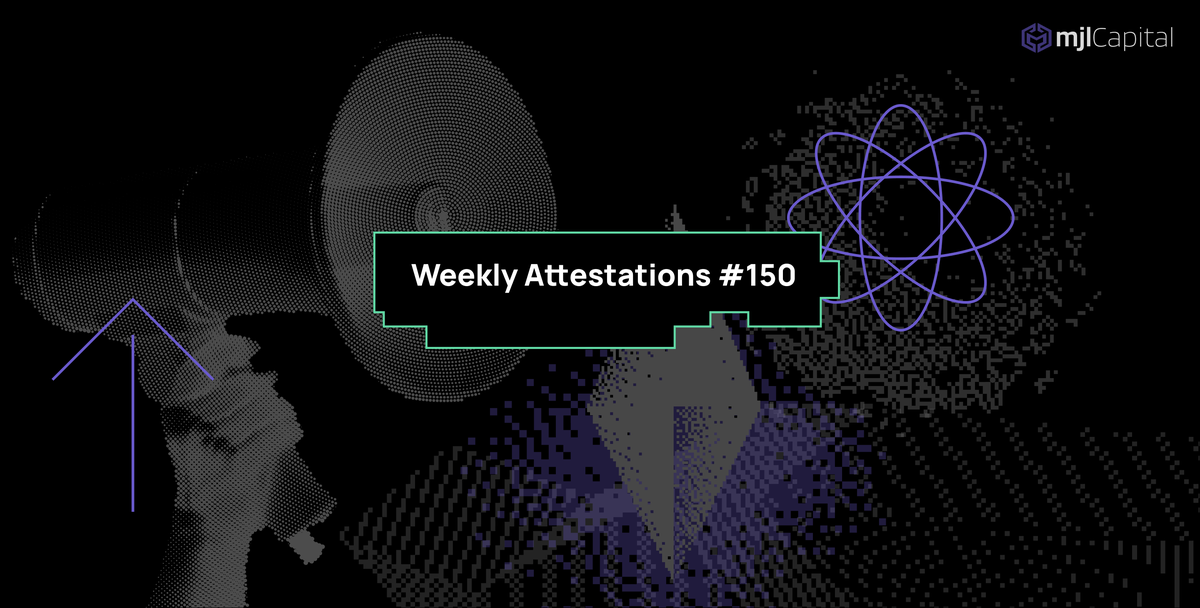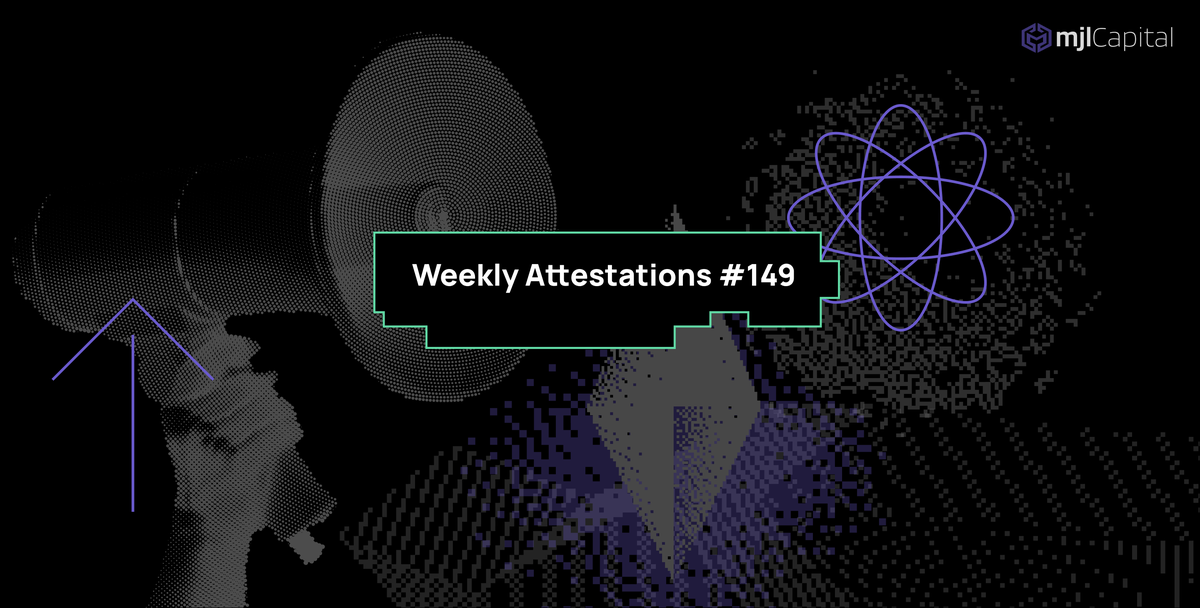Top Stories
XRP Surges as Ripple Secures UAE Payment License
Ripple Labs secured a payment license from the UAE’s central bank, marking a significant step toward expanding its cross-border payment services in the Middle East. This regulatory approval strengthens Ripple’s positioning in a region increasingly embracing blockchain technology. The news comes as XRP continues its legal battle with the SEC, where a partial victory last year buoyed investor sentiment. Ripple executives are optimistic that this international regulatory support could influence the SEC case in their favor. Some analysts speculate that Ripple’s expansion could serve as a blueprint for crypto firms looking to navigate regulatory hurdles worldwide.
THORChain at a Crossroads: Decentralization vs. Regulatory Pressure
THORChain is facing intense scrutiny after North Korean hackers, linked to the $1.4 billion Bybit exploit, funneled 72% of stolen funds through its decentralized swap protocol. While supporters argue that THORChain isn’t a laundering tool since transactions are traceable, critics highlight its role as a primary conversion hub for illicit assets. Internal conflicts have emerged, with some validators attempting to block the hackers, only for the decision to be overturned—exposing contradictions in THORChain’s governance model. The controversy has already led to developer resignations and growing concerns about selective decentralization. Regulatory risks loom large, as past enforcement actions against Tornado Cash and Railgun suggest that authorities could sanction THORChain’s validators, blacklist its infrastructure, or prosecute developers.

Source: The Block
Ethereum Developers Introduce New Testnet Ahead of Pectra Upgrade
Ethereum core developers launched a dedicated testnet for the upcoming Pectra upgrade, a major step toward improving network scalability and efficiency. The upgrade will introduce changes that streamline the staking process and reduce gas fees, addressing long-standing community concerns. Developers are particularly focused on refining validator incentives and improving rollup compatibility. If successful, Pectra could set the stage for Ethereum’s next phase of adoption, with major DeFi protocols already preparing integrations. Ethereum’s continued push for innovation has kept its ecosystem dominant, despite rising competition from Solana and Avalanche.
Solana’s Post-Memecoin Decline
Solana’s transaction fees hit a six-month low last week at 53.8K SOL, down 85% from its January peak driven by the $TRUMP and $MELANIA memecoin launches. Non-vote transaction fees made up 77% of this total, mostly from users tipping validators. Network activity has plummeted, with the 7-day moving average of active addresses down 35%, Jito validator tips dropping from $62K to $11.3K per day, and SOL’s price declining 50% since January 20th. Pump.fun has also seen a major slowdown, with only 0.89% of tokens “graduating” to Raydium last week, compared to 1.6% at its peak.

Source: Dune
US-Canada Tariff Flip-Flops Keep Bitcoin Miners on Their Toes
Bitcoin miners are adjusting their strategies as trade tensions between the U.S. and Canada create uncertainty in energy markets. President Donald Trump’s latest move to double tariffs on steel and aluminum prompted Ontario Premier Doug Ford to consider increasing energy costs for U.S. firms—only to walk back the threat after political pushback. While some Canadian miners, like Bitfarms, remain unaffected due to their reliance on hydroelectric power, others are bracing for regulatory changes that could impact operational costs. Meanwhile, U.S. miners face additional challenges from delays in Bitcoin mining hardware imports due to new tariffs on China-based manufacturer Bitmain, further increasing the cost of doing business.
Regulation
Senate Advances Stablecoin Bill as Regulatory Divide Widens
The Senate Banking Committee approved the GENIUS Act, a stablecoin-focused regulatory bill aimed at bringing oversight to U.S.-based issuers. The bill proposes strict reserve requirements and bankruptcy protections for stablecoin holders, but lawmakers remain split on federal versus state-level jurisdiction. While crypto-friendly senators argue the bill provides much-needed clarity, critics claim it could stifle innovation and favor large financial institutions. The bill now heads to the full Senate for further debate, with potential amendments on the horizon. If passed, this would mark one of the most significant legislative actions in U.S. crypto history.
Russian Central Bank Proposes Crypto Investments for Wealthy Individuals
The Russian Central Bank proposed allowing “specially qualified” investors—those with significant financial assets or high annual incomes—to participate in cryptocurrency investments. This marks a notable shift from the bank’s previous strong opposition to cryptocurrencies, aiming to increase market transparency while emphasizing associated risks. If implemented, this policy could pave the way for greater institutional involvement in Russia’s crypto market. The proposal is currently under public consultation before potential adoption. Analysts speculate this could be Russia’s way of circumventing global sanctions through digital asset markets.
Congress Repeals IRS Broker Rule, But Can It Regulate DeFi?
The decentralized finance (DeFi) sector secured a major victory after the U.S. House of Representatives voted to nullify the IRS’s broker rule, which would have required DeFi protocols to report crypto sales and taxpayer data. Crypto industry leaders argued the rule was overly broad, threatened user privacy, and was infeasible for decentralized protocols to comply with. While the repeal is a step forward for DeFi, lawmakers still face challenges in creating a regulatory framework that balances financial transparency with decentralization. Some industry experts believe zero-knowledge proofs and decentralized reporting models could be the key to bridging the gap between compliance and user privacy.
SEC Mentions of Blockchain in Filings Hit Record High, Signaling Regulatory Shift
The number of blockchain-related mentions in SEC filings reached an all-time high in February 2025, with over 5,000 keyword occurrences in the agency’s EDGAR database. This surge reflects both the increasing mainstream integration of blockchain technology and the evolving regulatory landscape under Acting Chair Mark Uyeda, who took office in January. In a major departure from the previous administration, the SEC has closed several high-profile investigations against crypto firms, including Uniswap, Coinbase, Yuga Labs, Kraken, and Gemini. With the newly established crypto task force, led by Commissioner Hester Peirce, the SEC appears to be moving toward a more collaborative approach, reducing reliance on enforcement actions in favor of clearer regulatory engagement.

Source: The Block
Other Domestic Regulation Updates
- Michael Saylor Proposes $100 Trillion Crypto Strategy at White House Summit
- Analysts warn we aren’t yet in ‘Fed put’ territory ahead of FOMC meeting
- Tokenized yield funds, stablecoins a ‘powerful’ combo
- Senate advances stablecoin bill with bipartisan support
Other International Regulation Updates
- Unpacking ‘the great recalibration’ in global markets
- After a TradFi giant joins the XRP ETF fray, who’s next?
Pain & Gain
Pain
- Swift Protocol takes on DeFi’s execution problem
- BlackRock exec: Confusion around bitcoin narrative remains
- Blockchain game studio Battlebound shuts down
- Crypto summit without substance?
- WolvesDAO’s WOOF token struggles after launch
Gain
- SEGA’s ‘Code of Joker’ launching as NFT card game on Sui
- Solana DEX ships network extension testnet as competition grows
Important Legal Notices
This reflects the views MJL Capital LLC (“MJL”), but it should in no way be construed to represent financial or investment advice. Nothing in this correspondence is intended to constitute or form part of, and should not be construed as, an issue for sale or subscription of, or solicitation of any offer or invitation to subscribe for, underwrite, or otherwise acquire or dispose of any security, including any interest in any private investment fund managed by MJL. Any such offer may only be made pursuant to a formal confidential private placement memorandum of any such fund, which may be furnished to potential investors upon request and which will contain important information to be considered in connection with any such investment, including risk factors associated with making any investment in any such fund. Further, nothing in this correspondence is, or is intended to be treated as, investment or tax advice. Each recipient should consult their own legal, tax and other professional advisors in connection with investment decisions.
Domenic Salvo is a Managing Partner at MJL Capital, helping lead Portfolio Research and Investor Relations.




